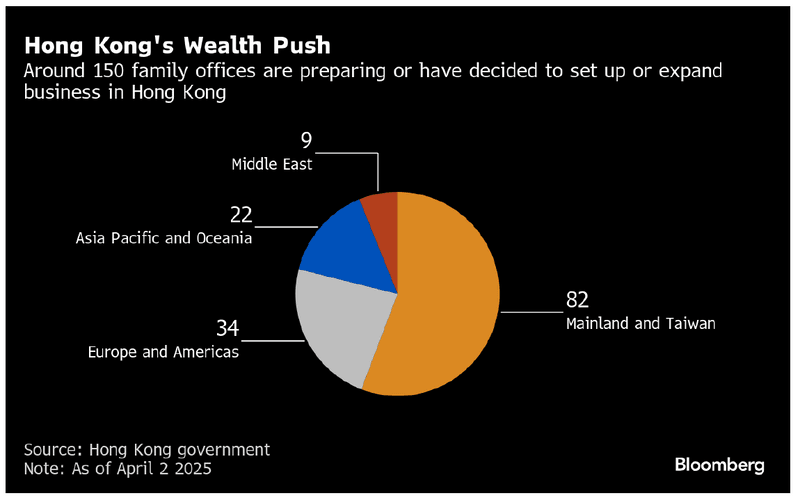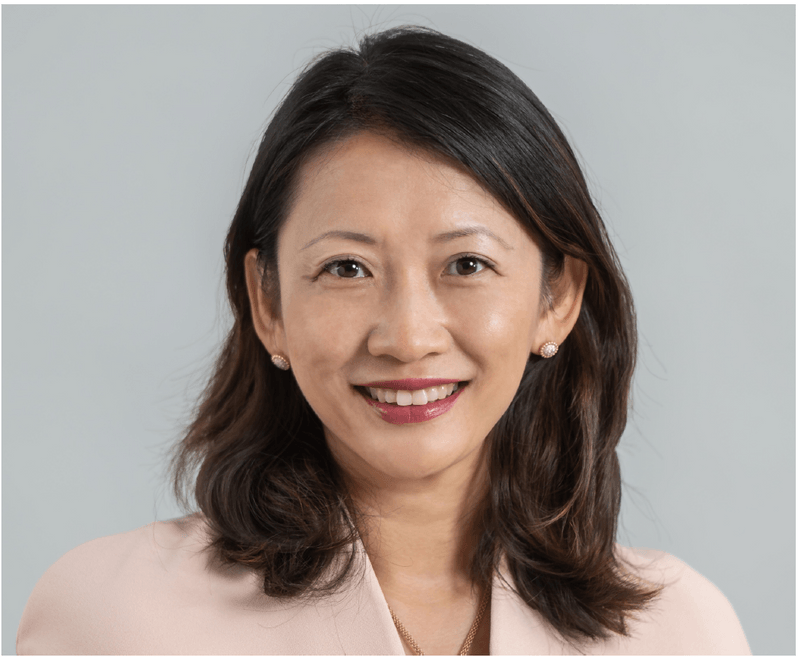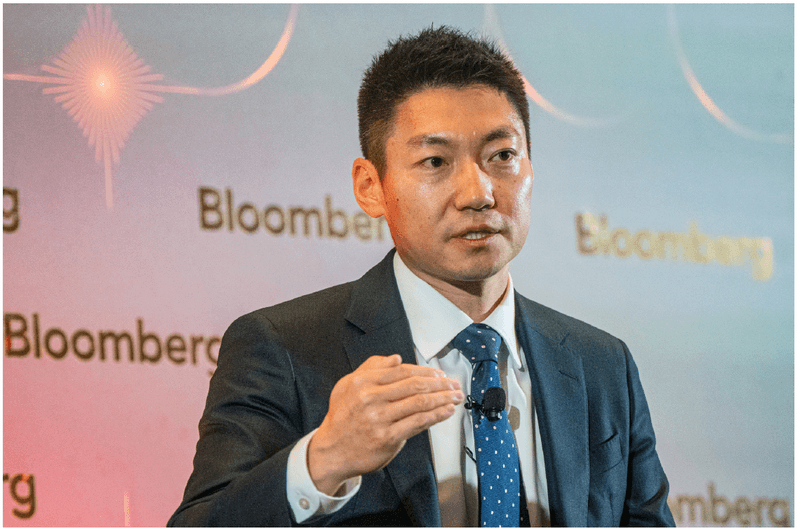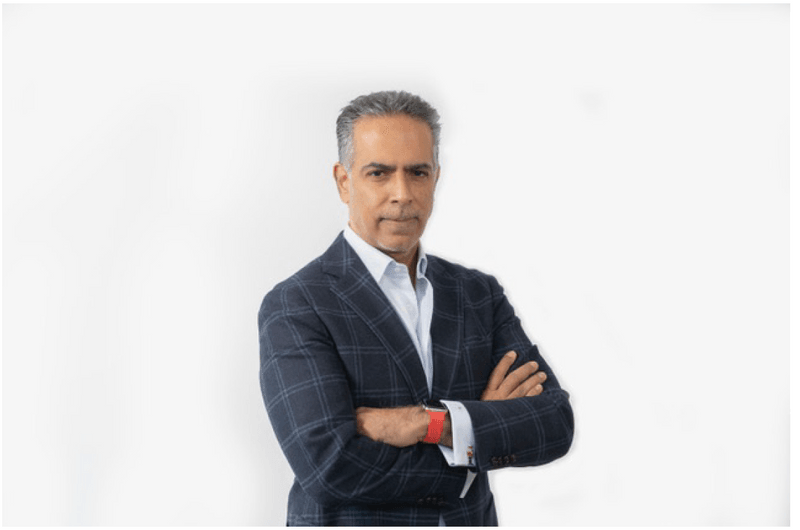
Bloomberg News
- Hong Kong aims to attract 200 new large family offices by the end of 2025, adding to the 2,700 already present as of late 2023.
- The government is taking steps to achieve this goal, including hosting the Wealth for Good Summit, easing capital investment visa rules, and offering tax perks for family offices.
- Family offices are drawn to Hong Kong due to its access to China investments and lifestyle perks, but they also highlight the need for better vetting within the industry.
This article was written by Diana Li and Filipe Pacheco. It appeared first on the Bloomberg Terminal.
Hong Kong is going all-in to lure family offices and cement its place on the global wealth map.
The city is setting an ambitious target: 200 new large family offices by the end of 2025, on top of the 2,700 already in place as of late 2023. The government is pulling key levers to get there, from hosting its third high-profile Wealth for Good Summit on March 26, to easing capital investment visa rules and floating fresh tax perks for family offices.
Family offices say they are drawn to Hong Kong for its access to China investments and lifestyle perks, though they see a need for better vetting within the industry.
Joe Qiao, chief investment officer at Taiwan-based single-family office Globaltec Capital, says he hasn’t encountered another agency that matches the intensity of InvestHK, the government arm tasked with attracting capital to Hong Kong.
“It’s crazy. I went to events in Shanghai, in Beijing — they’re everywhere,” Qiao said.

Still, controversy over an announced family office launch last year sparked questions about due diligence — just as Hong Kong pushes to position itself not only as a bridge to mainland capital, but as a true global gateway for the ultrawealthy. President Donald Trump’s tariffs that have upended global markets are also presenting fresh challenges to Hong Kong’s wealthiest families.
“At the moment, while the verbal rhetoric is shrouding reality, we are taking a cautionary view,” said Mahesh Harilela, family council investment strategist at hotel developer Harilela Group, which owns and operates hotels globally.
Here’s what family offices say about Hong Kong’s wealth push so far.
Carman Chan, founder and principal at Click Ventures, a Hong Kong and Singapore-based single-family office:

Carman Chan
Many global families see China as a critical market, but they worry about how to enter and, crucially, exit investments smoothly.
If Hong Kong becomes the only jurisdiction where global families can confidently access, grow, and exit China investments, it will be irreplaceable — neither Singapore nor Dubai can match this advantage.
Beyond financial policies, Hong Kong offers exceptional lifestyle advantages that may be appealing to global families. The city’s international schools stand out by providing four different levels of Chinese language programs, including native-level fluency — far surpassing the basic Chinese offerings at most international schools in Singapore or Dubai.
Global trade wars are reshaping venture capital strategy globally and creating both challenges and opportunities. On the liquidity front, slower merger and acquisition and IPO activity may delay exits, making fundraising more difficult for VCs. This environment also opens doors for alternative solutions like secondary funds and continuation vehicles.
Helen Zhu, managing partner and chief investment officer of NF Trinity, a Hong Kong-based family office:

Helen Zhu
Family offices in Hong Kong are more collaborative and communicate with each other far more than in the US. And we’re trying to do more of it here in Hong Kong — get more family offices together to share ideas and learn from each other.
That improves the economies of scale so that we can also be a more attractive destination for general partners from all over the world.
I don’t think its even about specific additional supportive policies. Hong Kong stands out on its own in terms of the unique positioning within the global investment landscape. (Zhu spoke at the Bloomberg Family Office Summit in Hong Kong on March 27.)
Joe Qiao, chief investment officer at Globaltec Capital, a single-family office based in Taiwan:

Joe Qiao
A lot of family offices are becoming more institutional and professional. Five years ago, people were mostly talking about direct investment deals, but these days its sophisticated transactions.
People are discussing secondary transactions, asset package buying credit — all new things and all very sophisticated investments approaches. (Qiao spoke at the Bloomberg Family Office Summit in Hong Kong on March 27.)
Mahesh Harilela, family council investment strategist at hotel developer Harilela Group:

Mahesh Harilela
Multi-family offices are complex and demand sophisticated professional services. Managing diverse investments and cross border tax jurisdictions requires expertise from skilled professionals from around the world.
Tax incentives alone are not enough: Hong Kong must also attract high-value employment. This will generate government revenue through stamp duties and salaries taxes — and in turn it will support other service industries.
Kevin Qin, vice-chairman of the Asian Family Legacy Foundation, a family office community:
The past week of tariff turmoil has likely heightened uncertainty for businesses and investors, directly influencing the global asset allocation strategies of family offices. While tariffs may cause short-term disruptions for Hong Kong, the city’s historical resilience and adaptability offer a sense of optimism.